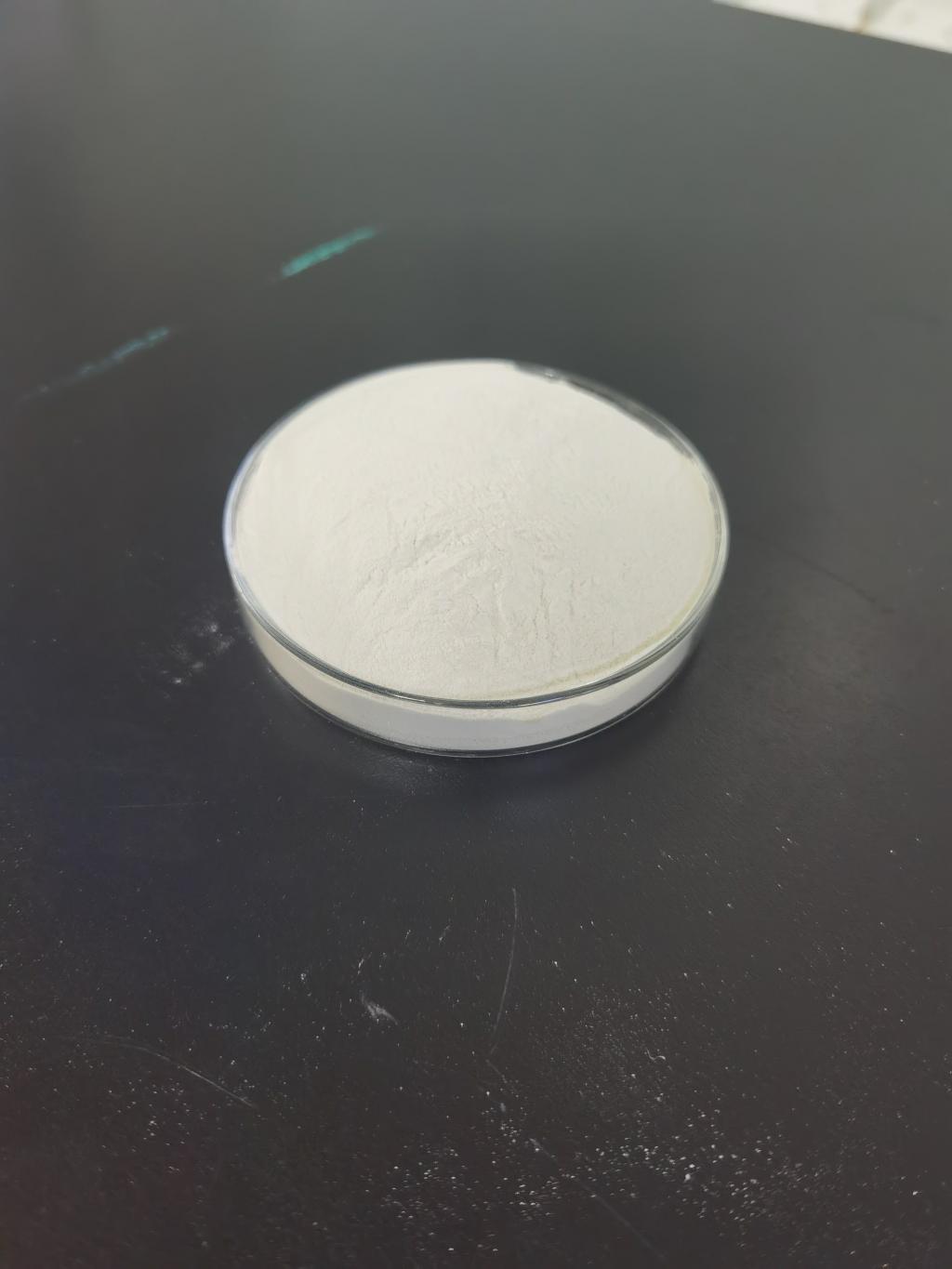Tel:+8618231198596

News
 CONTACT
CONTACT
 CONTACT
CONTACT
- Linkman:Linda Yao
- Tel: +8618231198596
- Email:linda.yao@dcpharma.cn
- Linkman:CHARLES.WANG
- Department:Overseas
- Tel: 0086 0311-85537378 0086 0311-85539701
News
What are the health benefits of Nisin?
TIME:2023-03-16
Anti-inflammatory properties
Nisin has been shown to possess anti-inflammatory properties, which may be beneficial for individuals with inflammatory conditions such as rheumatoid arthritis and inflammatory bowel disease. In a study published in the Journal of Functional Foods, researchers found that Nisin reduced inflammation in mice with colitis, a type of inflammatory bowel disease. While more research is needed in humans, these findings suggest that Nisin may have potential as a natural anti-inflammatory agent.
Antimicrobial properties
As mentioned earlier, Nisin is primarily used as an antimicrobial agent to prevent the growth of bacteria in food products. However, its antimicrobial properties may also have health benefits when consumed. In a study published in the International Journal of Food Microbiology, researchers found that Nisin had potent antimicrobial activity against a range of Gram-positive bacteria, including Staphylococcus aureus and Streptococcus pyogenes. These bacteria can cause a range of infections, including skin infections and strep throat.
Anti-cancer properties
There is also evidence to suggest that Nisin may have anti-cancer properties. In a study published in the Journal of Agricultural and Food Chemistry, researchers found that Nisin inhibited the growth of several types of cancer cells, including breast cancer and colon cancer cells. While more research is needed to determine the mechanisms behind these anti-cancer effects, these findings suggest that Nisin may have potential as a natural anti-cancer agent.
Dental health benefits
Nisin has also been found to have potential dental health benefits. In a study published in the Journal of Applied Microbiology, researchers found that Nisin reduced the growth of Streptococcus mutans, a bacteria that is a major contributor to dental caries (tooth decay). The researchers suggested that Nisin could be used as an alternative to traditional chemical disinfectants in dental care products.
Immune system support
Finally, there is evidence to suggest that Nisin may support immune system function. In a study published in the Journal of Microbiology and Biotechnology, researchers found that Nisin stimulated the immune response in mice, leading to an increase in the production of immune cells. While more research is needed to determine the implications of these findings in humans, they suggest that Nisin may have potential as an immune system booster.
In conclusion, while Nisin is primarily used as a food preservative, there is also evidence to suggest that it may offer a range of health benefits when consumed in certain amounts. These potential health benefits include anti-inflammatory, antimicrobial, anti-cancer, dental health, and immune system support. However, more research is needed to fully understand the mechanisms behind these effects and to determine the appropriate dosages for human consumption.
- Tel:+8618231198596
- Whatsapp:18231198596
- Chat With Skype







